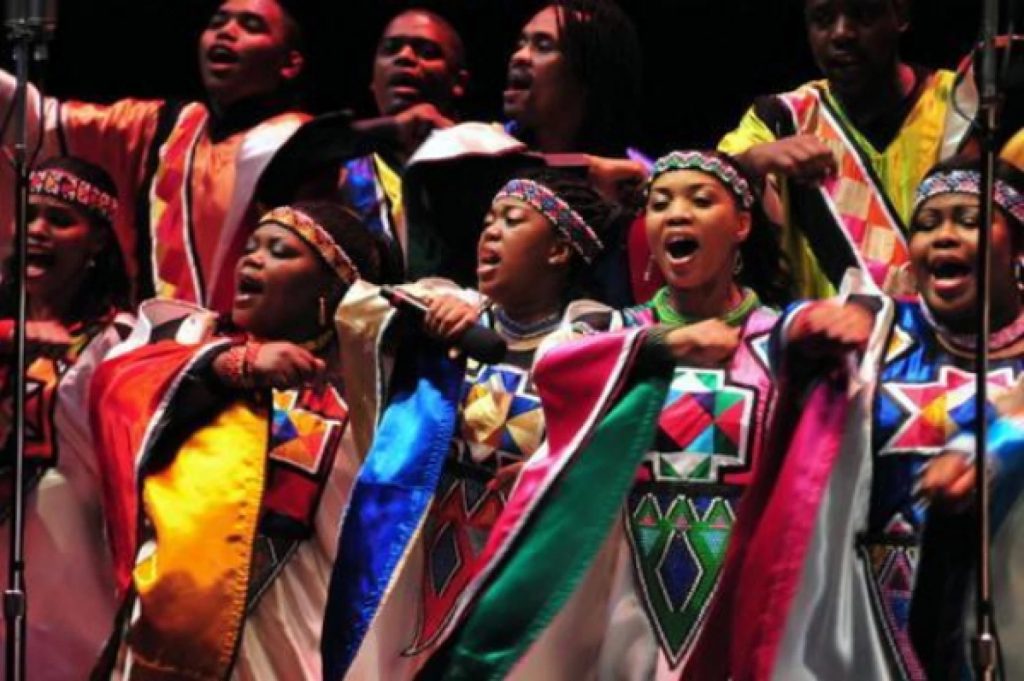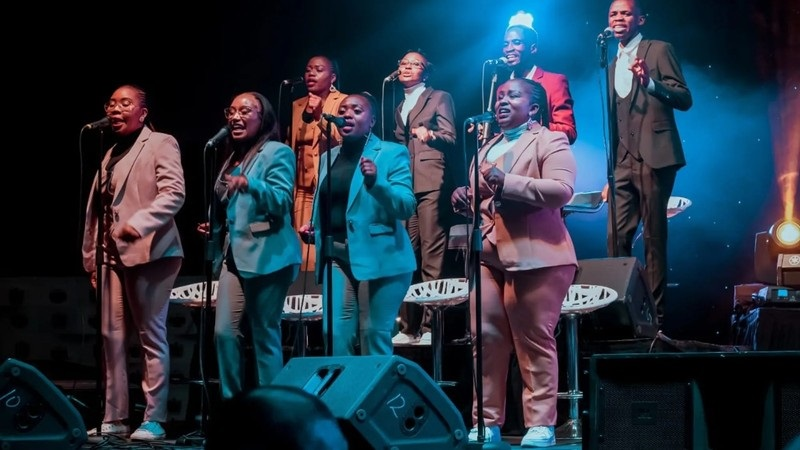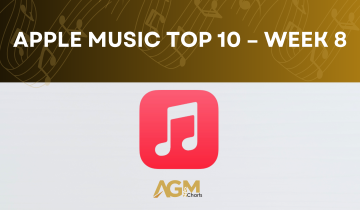Gospel music in Africa has witnessed remarkable growth and transformation over the years, evolving from traditional hymns into a dynamic genre that blends cultural, spiritual, and contemporary sounds. With its deep-rooted connection to faith, hope, and community, African gospel music continues to resonate across generations, transcending borders and captivating audiences worldwide.
1. The Early Roots: Traditional Hymns and Indigenous Influence
The origins of gospel music in Africa can be traced back to the arrival of Christian missionaries in the 19th and early 20th centuries. Missionaries introduced Western hymns and choral arrangements, which were initially performed in churches across the continent. However, African communities quickly adapted these styles by infusing indigenous rhythms, languages, and instruments into the music.
In countries like Nigeria, Ghana, South Africa, and Kenya, gospel music took on a unique identity, blending elements of folk, highlife, and traditional African drumming with sacred lyrics. Hymns were no longer just foreign melodies but became anthems of local worship and spiritual expression.
2. The Rise of Contemporary Gospel Music
By the late 20th century, African gospel music began to evolve significantly, influenced by global music trends such as jazz, blues, reggae, and hip-hop. This era saw the emergence of contemporary gospel artists who used modern instruments and production techniques while retaining the spiritual essence of the music.
South Africa’s Rebecca Malope, Nigeria’s Panam Percy Paul, and Ghana’s Tagoe Sisters became pioneers, inspiring a new generation of gospel artists. These artists sang not only in English but also in indigenous languages like Yoruba, Zulu, Twi, and Swahili, making the music accessible and relatable to diverse audiences.
3. Technological Advancements and Global Reach
The advent of the internet, social media, and streaming platforms has accelerated the growth of African gospel music. Platforms like YouTube, Spotify, Boomplay, and Apple Music have enabled gospel artists to reach global audiences without traditional gatekeepers.
Artists like Sinach, with her global hit Way Maker, and South Africa’s Dr. Tumi have garnered international recognition, receiving millions of streams and winning awards beyond Africa. Gospel music from the continent now enjoys prominence on international charts and is featured in global worship playlists.

4. Regional Variations and Cultural Diversity
African gospel music is as diverse as the continent itself. Each region has developed its distinct style while maintaining the core message of faith and hope:
- West Africa (Nigeria, Ghana, Liberia):
Known for upbeat rhythms and energetic performances, often influenced by highlife, afrobeat, and juju music. - Southern Africa (South Africa, Zimbabwe, Zambia):
Characterized by choral harmonies, gospel choirs like the Soweto Gospel Choir, and a blend of traditional and contemporary styles. - East Africa (Kenya, Tanzania, Uganda):
Swahili gospel dominates here, with lively beats and worship songs that emphasize community and devotion. - North Africa:
Though predominantly influenced by Islamic traditions, Christian communities have preserved unique gospel sounds, often blending Arabic and African influences.
5. The Role of Gospel Music in Society
Gospel music in Africa is more than entertainment; it serves as a spiritual, social, and cultural pillar. In times of societal challenges, gospel songs provide hope and encouragement. The genre has been instrumental during liberation struggles, health crises, and community-building efforts.
Many gospel artists actively participate in charitable causes, using their influence to advocate for peace, unity, and development. Churches and gospel concerts often double as platforms for social awareness, addressing issues such as poverty, education, and moral values.
6. The Influence of African Gospel Music on the Global Stage
African gospel music has significantly influenced the global gospel scene. The infectious rhythms, emotive performances, and faith-centered messages have captivated audiences worldwide. Songs like Way Maker by Sinach have been covered by global gospel icons, including Michael W. Smith and Leeland, introducing African gospel music to broader Christian communities.
Global events such as The Experience Lagos, one of the world’s largest gospel music concerts, further solidify Africa’s impact on the international gospel music stage.
7. The Future of African Gospel Music
The future of gospel music in Africa looks promising. The emergence of digital platforms, innovative music styles, and a younger generation of gospel artists ensures the genre’s continued growth. Collaborations with international artists and the growing influence of African gospel music in diaspora communities highlight the genre’s global appeal.
As more artists experiment with afrobeats, amapiano, and contemporary Christian music, African gospel music is poised to reach even greater heights. With its strong message of hope and its infectious, soulful rhythms, gospel music from Africa will continue to inspire and uplift audiences around the world.
AGM Charts remains committed to tracking and celebrating this remarkable growth. Through our platform, we showcase the latest charts, news, and trends in African gospel music, ensuring that this vibrant genre continues to receive the recognition it deserves.



